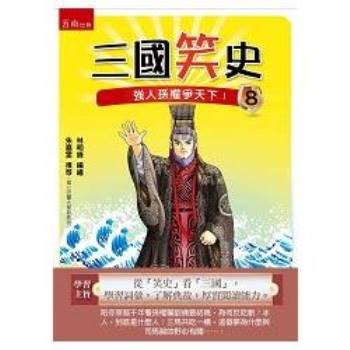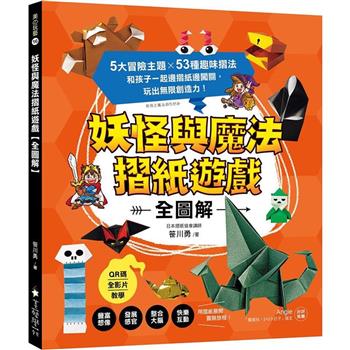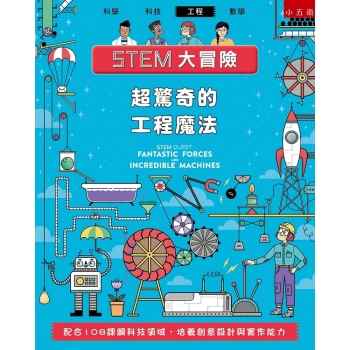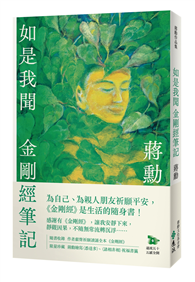This book brings contemporary ways of reconceptualizing the human relationship to things into conversation with seventeenth-century writing, exploring how the literature of the period intersected with changing understandings of the conceptual structure of matter and how human beings might reconfigure their place in a web of nonhuman relations. Focusing on texts that cross the frontier between literature and science, Snider recovers the material and body worlds of seventeenth-century culture as treated in poetry, natural philosophy, medical treatises, comedy, and prose fiction. He shows how a range of writers understood and theorized "matter," "bodies," and "spirits" as characters in complex and sometimes bizarre scenarios involving human relationships to the phenomenal world. The logic that made matter subject to uniform theorizing facilitated a crossing of boundaries between the human and nonhuman and became a persistent figure of explanation at the time when distinctions between the natural and the artificial were undergoing reformulation.
| FindBook |
有 1 項符合
Natural and Artificial Bodies in Early Modern England: Literature, Natural Philosophy, Objects的圖書 |
 |
Natural and Artificial Bodies in Early Modern England: Literature, Natural Philosophy, Objects 作者:Snider 出版社:Routledge 出版日期:2024-11-28 語言:英文 規格:精裝 / 208頁 / 普通級 |
| 圖書館借閱 |
| 國家圖書館 | 全國圖書書目資訊網 | 國立公共資訊圖書館 | 電子書服務平台 | MetaCat 跨館整合查詢 |
| 臺北市立圖書館 | 新北市立圖書館 | 基隆市公共圖書館 | 桃園市立圖書館 | 新竹縣公共圖書館 |
| 苗栗縣立圖書館 | 臺中市立圖書館 | 彰化縣公共圖書館 | 南投縣文化局 | 雲林縣公共圖書館 |
| 嘉義縣圖書館 | 臺南市立圖書館 | 高雄市立圖書館 | 屏東縣公共圖書館 | 宜蘭縣公共圖書館 |
| 花蓮縣文化局 | 臺東縣文化處 |
|
|
圖書介紹 - 資料來源:博客來 評分:
圖書名稱:Natural and Artificial Bodies in Early Modern England: Literature, Natural Philosophy, Objects
|










